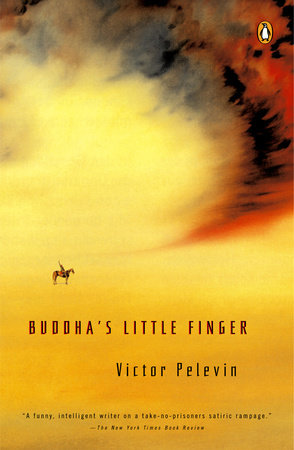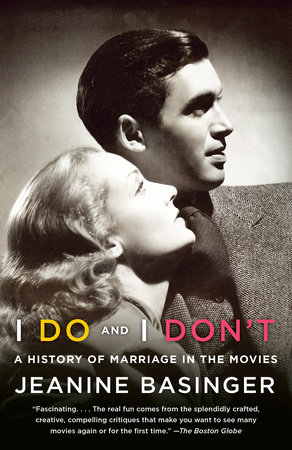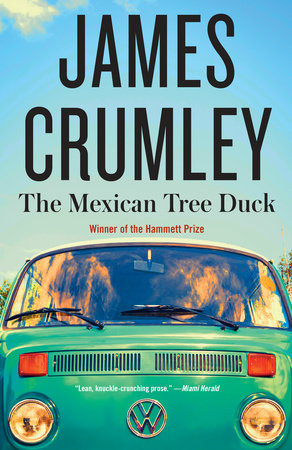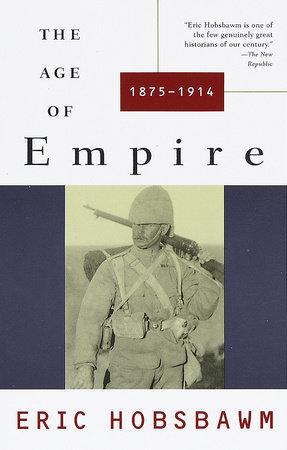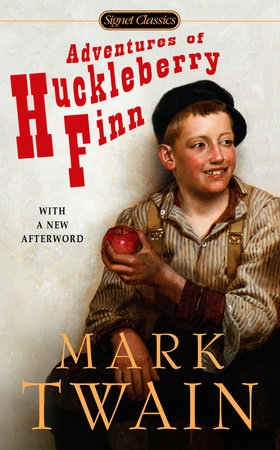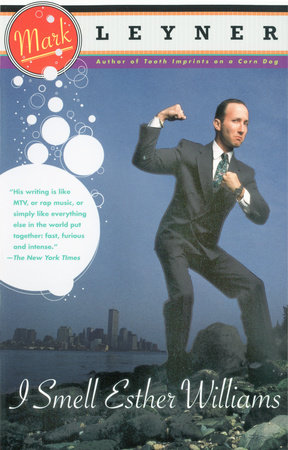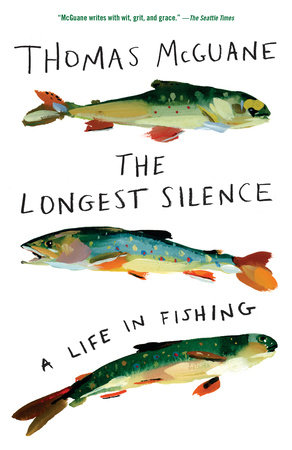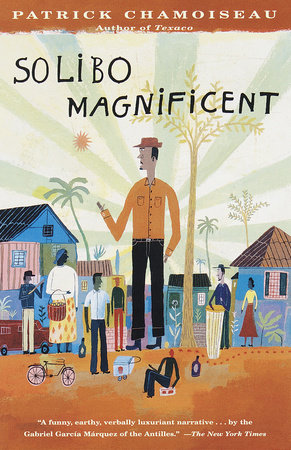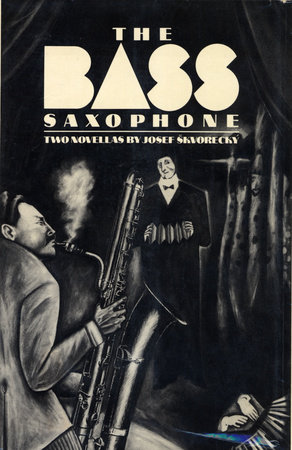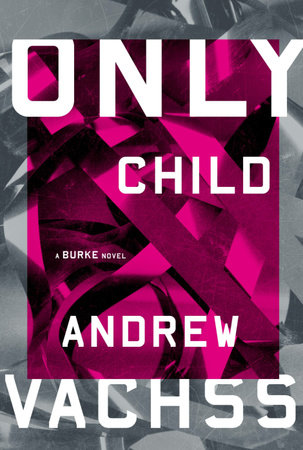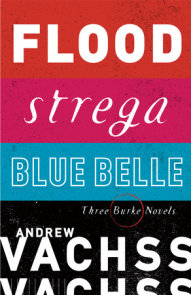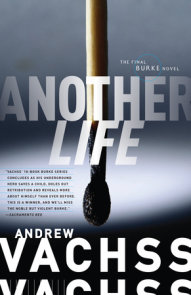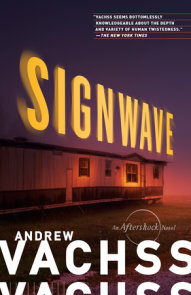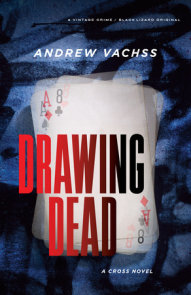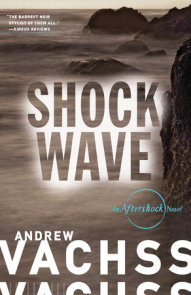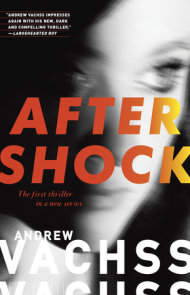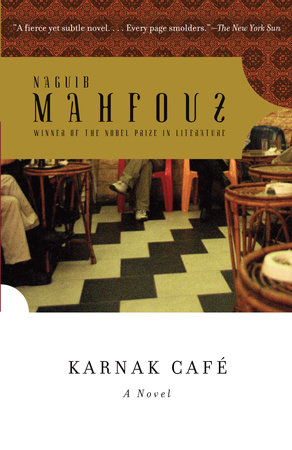Author Q&A
A Conversation with Andrew Vachss, author of Only Child
Q: As an investigative writer, your themes have always been ahead of the curve, reporting on types of crime such as black market organ trade, on-line child pornography, and baby-breeding for adoption rings well before they are deemed newsworthy. What kind of new crime are you fleshing out in Only Child?
A: This "new" crime goes back to the root of all interpersonal violence: acquisition (and subsequent abuse) of power. All predators are, ultimately, about capture, conquest, and control. What’s "new" about this emerging genre of crime is the strategy, tactics, and weapons.
Q: The illegal films being produced in your novel are not snuff films; they are something new, something born of the current trend towards "reality television" and The Blair Witch Project. Can you tell us about them, and do you believe such films are currently being peddled on the black market?
A: (Without giving away the plot), I can tell you this much: "reality" shows (allegedly) depict things as they are. The material I am writing about depicts things as the "writer-directors" wish them to be, using the lure of "being in the movies" to get people to "perform." But some of the
"performers" aren’t in on the joke. Reality as some people wish it to be is ugly beyond your imagination. And there’s a real market for it.
Q: As a lawyer, you represent children and youths exclusively. What do you make of the current adolescent obsession with movies, television, and fame?
A: The youth subculture doesn’t so much change as adapt, in Darwinistic fashion, to its environment. Adolescent obsession with fame isn’t new, but perception of access to fame has changed, and changed radically, with advances in technology. Young people today can readily acquire movie-making equipment that would have been beyond the reach of major studios years ago. And they can "distribute" their work over the Internet almost immediately. Despite their faux cynicism, young people today are actually easier to manipulate, because the lures used now seem to be so much more "real" than those used years ago.
Q: Prior to becoming a practicing attorney you worked in public health, juvenile detention centers, prisons, and other social service facilities. What led you to the justice system and specifically to juvenile defense and child abuse law?
A: What led me to the criminal "justice" system, originally, was too many friends of mine doing time who spelled it "just us." What eventually drove me to child protection was the inescapable truth that, despite the pious "It Takes A Village" rhetoric of politicians and pontificators, the family is still the primary incubator of terror in America. And, when the family fails, the few safety nets we provide are meshed so loosely that most kids fall straight into one hell or another.
After years on the front lines, I realized that my refusal to accept the "go along to get along" mentality of "helping" agencies made working for others impossible. I spent much of my "professional" life at odds with the bosses. After a long string of "disciplinary actions," suspensions, and firings, I finally accepted that, if I wanted to stand up in my chosen field, I’d have to stand alone, then pick my own comrades.
Q: You practiced law roughly ten years before your first novel, Flood, was published in 1985. What inspired you to write?
A: I have awesome respect for the power of language. The difference between "child prostitutes" and "prostituted children" is cosmic. Books such as Scottsboro Boy and Cell 2455 Death Row hit me like a sledgehammer when I was a kid. The child protective movement is a war, and I saw writing as a powerful weapon. My first book was actually a textbook. It received wonderful reviews, but its impact was confined to professional circles. I wanted a much larger jury, and finally figured out that fiction was the way to do it. I never imagined how well it would work out, and I intend to ride this train as long as folks keep buying tickets.
Q: Your ex-con protagonist, Burke, has been described as, among other things: private investigator, mercenary, vigilante, con man, anti-hero, survivor, cynic, and even romantic. How would you describe him?
A: As the prototypical abused child: hyper-vigilant, distrustful, and homicidally dangerous when his loved ones are threatened. As a patriot, whose country is whatever space is currently occupied by himself and his family-of-choice. As a scar-carrying member of a vast tribe I call "Children of The Secret." As a career criminal, who hates the State that raised him in orphanages, foster homes, mental health facilities, and juvenile prisons. As a man with a pathological hatred of humans who prey on children. And as a man whose entire sense of self is defined by the family he helped create. Burke is also something of a "psychiatric mirror," in that readers tend to see themselves in him—the good, the bad, or both. What Burke isn’t is a Chandleresque "white knight" PI. He’s a man for hire, and there aren’t too many things you can’t hire him to do.
Q: What sort of research do you do for your novels?
A: I live my life, listen well, and report accurately. The combination of being a federal investigator in sexually transmitted diseases, a caseworker in New York, my experiences during the (failed) war of liberation in Biafra (now Nigeria), my work as a professional organizer, stints as everything from juvenile probation officer to directing a re-entry center for urban migrants in Chicago and another for ex-cons in Boston, to running a maximum-security prison for violent juvenile offenders—all before I went near a law school—followed by a practice which initially combined criminal defense with child protection, and segued into the latter exclusively after the success of the books made it unnecessary for me to represent the collection of shooters, stompers, and stabbers who formed my first clientele, there has never been a shortage of material. The manual labor I did to support myself throughout acquiring an education—furniture mover, fruit picker, factory worker, cab driver, etc.—helped, too. As did my years as a drifter and a gambler. I don’t need reference books to write my novels. And if I were granted one wish, it would be that the material which forms their foundation was entirely fictitous.
Q: Has your writing changed over the course of the past two decades? Has crime in America changed? Has Burke?
A: I don’t know if my writing has changed. Crime never does. That is, same crimes, different methods. The Internet has opened new vistas for predators, but it didn’t create them. The breakup of the Soviet empire has spawned new opportunities for large-scale arms dealing, but it didn’t turn otherwise good citizens into gun runners. People come to Times Square now to take pictures, not to buy them—but you can still buy those same pictures elsewhere. Every new contraband creates a new criminal opportunity.
Burke changes all the time. In this new book, and for the ones following, he has a new face, courtesy of a failed assassination attempt. Because Burke is, above all else, a survivalist, the one constant in his life is change.



